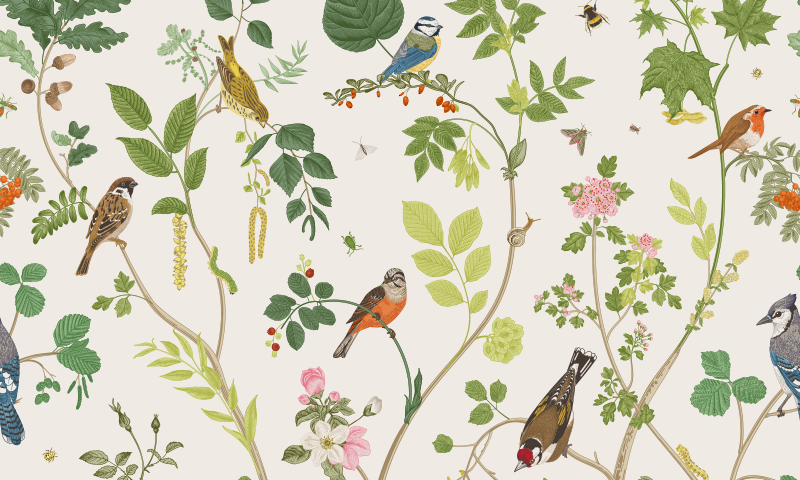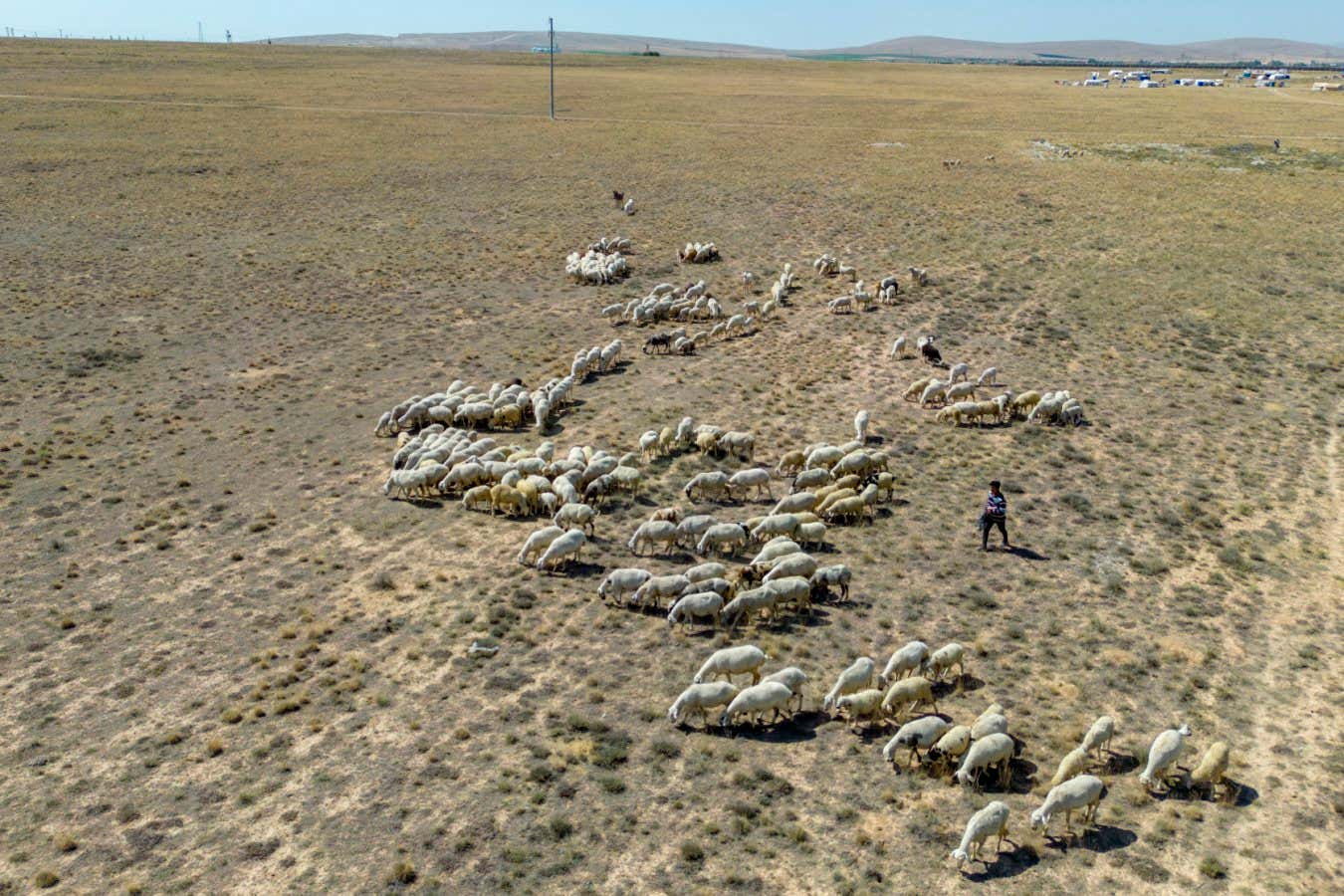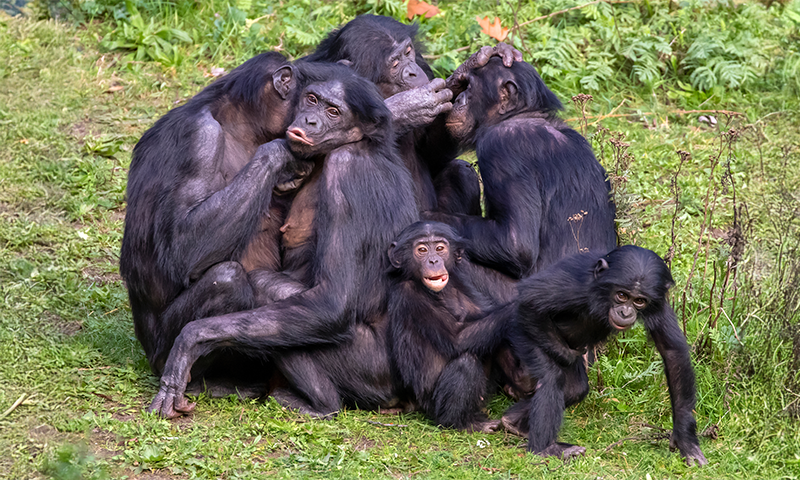Now Reading: All Birds Gather Under One Tree
-
01
All Birds Gather Under One Tree
All Birds Gather Under One Tree

Quick Summary
- A new study published in the Proceedings of the National Academies of Sciences presents an evolutionary tree for all known bird species.
- The research utilizes data on over 9,200 bird species from studies conducted between 1990 and 2024, supplemented by curated data on an additional 1,000 species.
- The database, developed by biologist Emily Jane McTavish and her team at the University of California, Merced, is part of the Open tree of Life project that encompasses over 2.5 million species from various organism groups.
- The circular evolutionary tree visually connects thousands of bird species to a shared common ancestor. Branch lengths indicate genetic proximity among different species.
- This comprehensive framework allows scientists to update relationships as new discoveries are made or taxonomies are revised.
- Researchers highlight that their methodology can also be used to construct trees for other organisms beyond birds.
Image Context:
The featured circular diagram representing all avian families shows each branch connecting back to a common ancestor. It uses color coding based on data sources-brighter green indicates more contributing studies.
Indian Opinion Analysis
india is home to over 1300 bird species spanning diverse habitats-from bustling urban landscapes to remote forests and wetlands. with this groundbreaking study mapping global avian relationships in detail via evolutionary trees, opportunities arise for Indian ornithologists and biodiversity experts. Accessing such a comprehensive database could bolster conservation strategies locally by offering insights into genetic lineages or identifying vulnerable groups with limited close relatives for tailored protection measures.
Furthermore, given India’s ambitious biodiversity cataloging efforts under initiatives like the National Biodiversity Authority (NBA) or collaborative projects in taxonomy research through institutes such as BNHS (Bombay Natural History Society), adopting similar methodologies could refine India-specific databases across other faunal categories too-further aligning national priorities with global standards in taxonomy and ecological science without reinventing frameworks already succeeding globally.

























